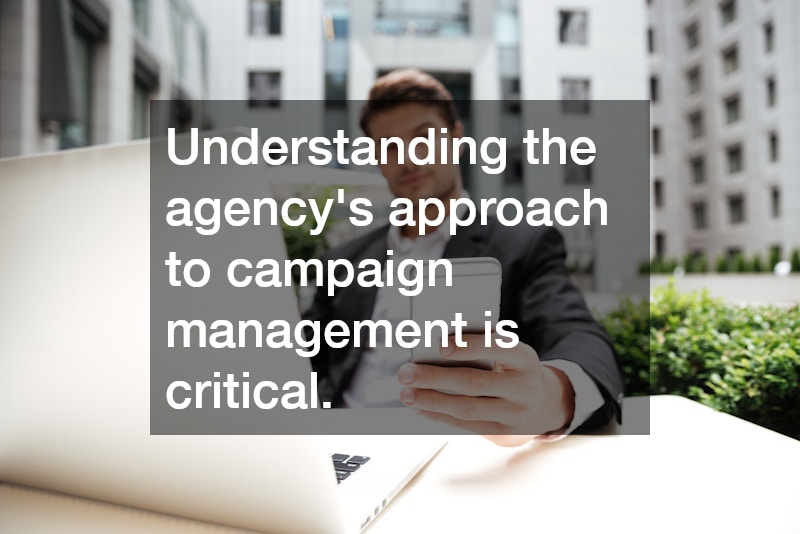When it comes to optimizing your online advertising strategy, working with a PPC agency can be highly beneficial. These agencies specialize in managing pay-per-click campaigns, helping businesses maximize their return on investment. However, hiring the right agency requires asking the right questions to ensure they align with your business goals and needs.
Experience and Expertise in Your Industry
One of the first questions you should ask a PPC agency is about their experience and expertise in your specific industry. Each industry has its own unique challenges and nuances, so it is important that the agency understands your target audience and market dynamics.
An agency with relevant industry experience is more likely to know the best practices and strategies that work for your type of business.
Additionally, you may want to ask for case studies or examples of similar businesses they have worked with in the past. Case studies can provide insights into the agency’s ability to deliver results in competitive and niche markets. By understanding their past performance, you can better gauge their potential to help your business succeed.
Furthermore, inquire about the credentials and qualifications of the team members who will be managing your campaigns. Having a team with certified PPC experts ensures that your campaigns are in capable hands. This expertise can make a significant difference in achieving a high return on your advertising investment.
Approach to Campaign Management and Optimization
Understanding the agency’s approach to campaign management is critical. Ask how they plan, execute, and optimize PPC campaigns. A comprehensive strategy should include thorough keyword research, competitor analysis, and audience targeting to ensure that ads reach the right people at the right time.
Furthermore, inquire about their methods for ongoing optimization. Effective PPC campaigns require constant monitoring and adjustment to improve performance and adapt to changing market conditions. An agency that emphasizes continuous testing and iteration is likely to yield better results over time.
Transparency in reporting and communication is also a key consideration. Make sure the agency provides regular performance reports and insights into what is working and what might need improvement. This level of transparency helps you stay informed and allows for better collaboration to achieve your marketing objectives.
Budget Management and ROI Strategies
Budget management is a crucial aspect when working with a PPC agency. Ask about their strategies for allocating and optimizing your budget to ensure you get the best return on investment. An experienced agency should have a clear plan for balancing budget limitations with campaign goals.
Additionally, inquire about how they measure success and evaluate ROI. A results-oriented agency will focus on key performance indicators (KPIs) such as click-through rates, conversion rates, and cost per acquisition. Understanding their metrics for success can help you align expectations and measure the campaign’s impact on your business.
Finally, discuss the agency’s pricing model and any additional fees that might apply. A clear understanding of costs and potential additional charges ensures there are no surprises down the line. Transparency in billing is essential for building a trusting relationship with your PPC agency.
Tools and Technology Used for Campaign Execution
The technology and tools used by a PPC agency can greatly impact the effectiveness of your campaigns. Ask them about the software or platforms they utilize for ad management, keyword research, and data analysis. Using advanced tools can enhance the precision and efficiency of campaign execution.
Additionally, explore the agency’s approach to adopting new technologies. An agency that stays updated with the latest advancements is better positioned to leverage innovative tactics for your campaigns. This proactive approach can provide a competitive edge in the rapidly evolving digital marketing landscape.
Finally, ensure the agency’s tools and technology integrate seamlessly with your existing systems. Compatibility with your own marketing tools, such as CRM or analytics platforms, enables smoother data flow and more accurate performance evaluation. Effective integration supports a more cohesive and efficient marketing strategy.
.



